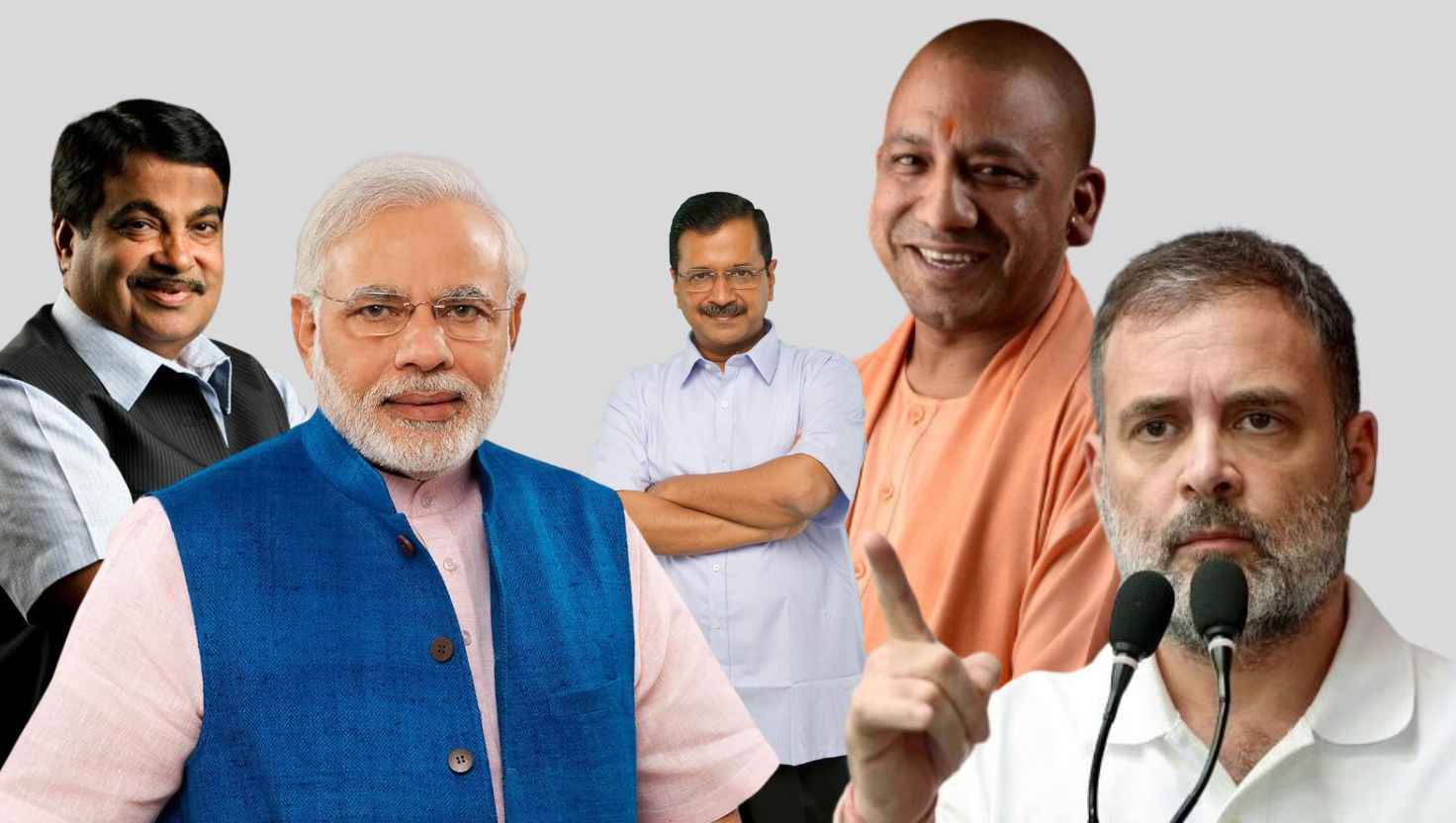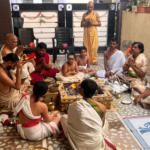
Can Leaders Be Both Politicians and Enlighteners?
Exploring the Dual Role of Governance and Ethical Leadership in Modern Politics
Key Highlights
- Historical Precedents: Indian leaders like Mahatma Gandhi and Dr. B.R. Ambedkar embodied the balance between political strategy and moral guidance.
- Current Challenges: A 2024 Pew Research survey found that 68% of Indian citizens believe leaders focus more on power than public welfare.
- Global Comparisons: Figures like Nelson Mandela and Barack Obama demonstrate the possibility of combining political acumen with ethical leadership.
Introduction
Politics and enlightenment often seem at odds. While politics involves navigating power structures and public mandates, enlightenment demands ethical clarity and a long-term vision for collective welfare. However, history offers examples of leaders who have successfully bridged this divide. In modern India, where divisive rhetoric and short-termism often dominate the political narrative, the question arises: Can today’s leaders combine the roles of politicians and enlighteners to create a better future?
The Indian Legacy: Politics with Purpose
1. Mahatma Gandhi: The Moral Politician
- Non-Violence and Justice: Gandhi’s leadership during India’s freedom movement showcased how moral principles could drive political strategy.
- Legacy Today: His focus on inclusivity and ethical governance remains a benchmark, though rarely emulated in contemporary politics.
2. Dr. B.R. Ambedkar: Champion of Social Justice
- Constitutional Vision: As the architect of the Indian Constitution, Ambedkar ensured the integration of equality and justice into India’s democratic framework.
- Focus on Marginalized Communities: His policies aimed at uplifting Dalits and other underrepresented groups highlight the potential for enlightened governance.
The Challenges of Modern Leadership
1. The Pull of Power
- Identity Politics: Campaigns often focus on religious and caste divides, sidelining developmental agendas.
- Corruption Concerns: India ranked 85th on the Corruption Perceptions Index in 2024, reflecting governance challenges (Transparency International).
2. Declining Public Trust
- Electoral Bonds: Anonymous funding through electoral bonds raises questions about the transparency of political campaigns.
- Urban Apathy: Voter turnout in urban areas dropped by 5% in the last elections, reflecting disillusionment with the current leadership style.
The Global Perspective: Lessons from Enlightened Leaders
1. Nelson Mandela
- Reconciliation Over Revenge: Mandela’s leadership in post-apartheid South Africa exemplified the balance between political pragmatism and moral vision.
2. Barack Obama
- Policy with Empathy: Obama’s healthcare reforms and focus on equality demonstrated how ethical leadership could coexist with political strategy.
Can Modern Leaders Embrace Both Roles?
1. Bridging Power and Purpose
- Policy-Driven Governance: Leaders like Arvind Kejriwal and Naveen Patnaik demonstrate how people-centric policies can redefine leadership.
- Grassroots Engagement: Youth-led initiatives and civil society movements signal a growing demand for leaders who embody both competence and compassion.
2. Institutional Support
- Strengthening Accountability: Independent institutions like the Election Commission and judiciary must ensure leaders remain transparent and ethical.
- Educational Reforms: Introducing ethics and governance as part of the curriculum can nurture future leaders with a balanced perspective.
The Path Forward
- Promote Ethical Campaigning: Mandate transparency in funding and limit the influence of identity politics.
- Encourage Informed Voting: Civic education campaigns can help voters prioritize ethical governance over party loyalty.
- Leverage Technology: Digital platforms can amplify citizen voices, fostering accountability and engagement.
Conclusion
The dual role of politician and enlightener is not just a utopian ideal—it is a necessity for India’s democratic evolution. Leaders who combine political strategy with ethical clarity can bridge the gap between governance and collective progress. As India stands at the crossroads of opportunity and challenge, the choice lies in the hands of its citizens: to demand leaders who lead not just with authority but with wisdom and vision. The path to a better democracy begins with choosing leaders who can balance both roles.


